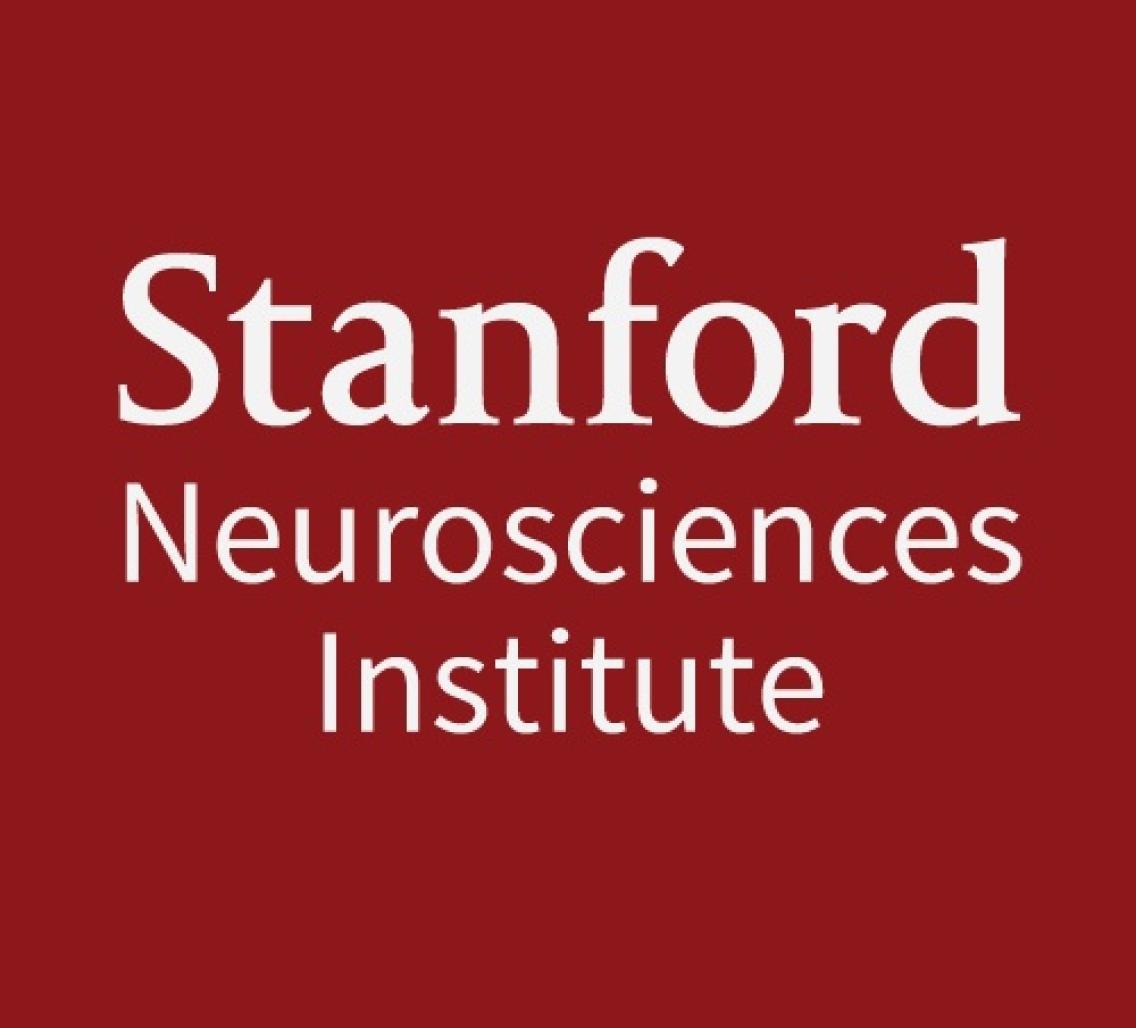Event Details:

Mechanism of Rapid Antidepressant Responses
Lisa Monteggia, Ph.D. Professor, Department of Neuroscience, UT Souwestern Medical Center
Host: Lu Chen
Abstract
Recent clinical studies have demonstrated that a single subpsychotomimetic dose of ketamine, an ionotropic glutamatergic N-methyl-D-aspartate (NMDA) receptor antagonist, produces a rapid antidepressant response in patients with major depressive disorder, with effects lasting up to 2 weeks. Despite enthusiasm about this unexpected efficacy of ketamine, its widespread use as a fast-acting antidepressant in routine clinical settings is curtailed by its abuse potential as well as possible psychotomimetic effects. However, the ability of ketamine to produce a rapid and long-lasting antidepressant response in patients provides a unique opportunity for investigation of mechanisms that mediate these clinically relevant behavioral effects. Recent work from the PI’s laboratory has linked ketamine’s mechanism of action to homeostatic synaptic plasticity processes activated after suppression of NMDA-mediated glutamatergic neurotransmission. Data demonstrating that ketamine mediated blockade of NMDA receptors at rest deactivates eukaryotic elongation factor 2 (eEF2) kinase, resulting in reduced eEF2 phosphorylation and desuppression of rapid dendritic protein translation, including BDNF (brain-derived neurotrophic factor), which then contributes to synaptic plasticity mechanisms that mediate long-term effects of the drug will be discussed. The identification of this intracellular signaling pathway to rapid antidepressant action may serve as a viable therapeutic target for fast-acting antidepressant development.